The earth dissolved from beneath the houses: journalist recounts devastating floods in Chile
The nights looked pitch black as we walked through ghost towns. Little by little, we know the authorities will show up to help victims, bringing machinery and equipment, but I will never be able to erase the image of walking waist-deep in water to extend my hand to the terrified person in front of me.
- 11 months ago
September 10, 2023
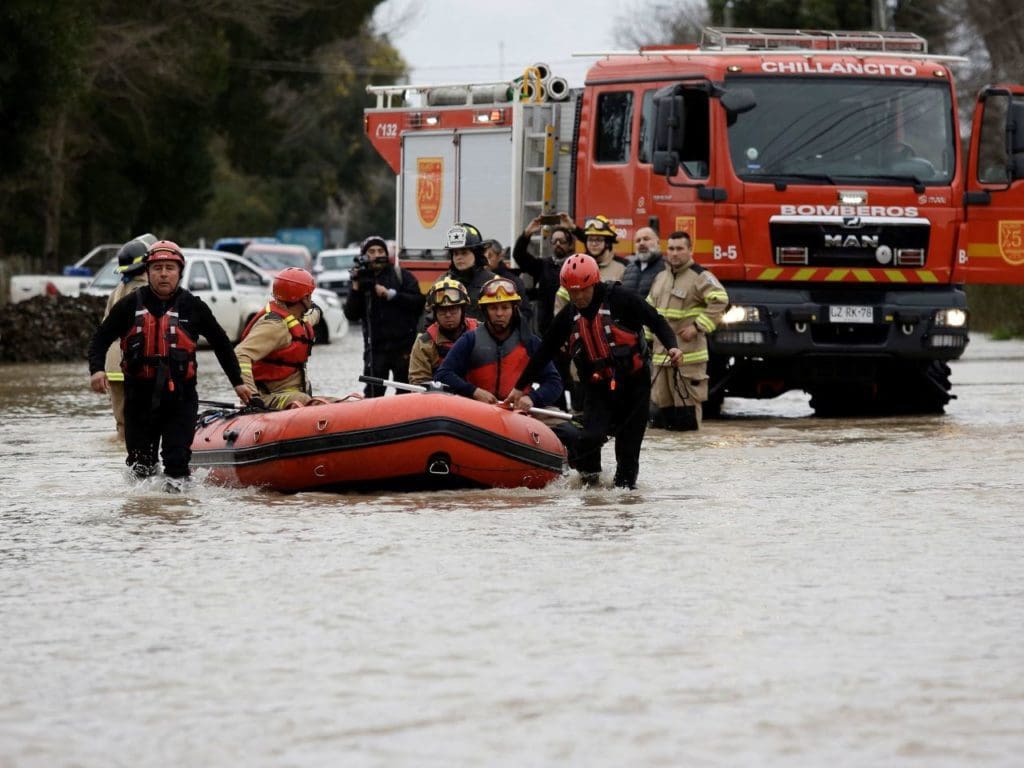
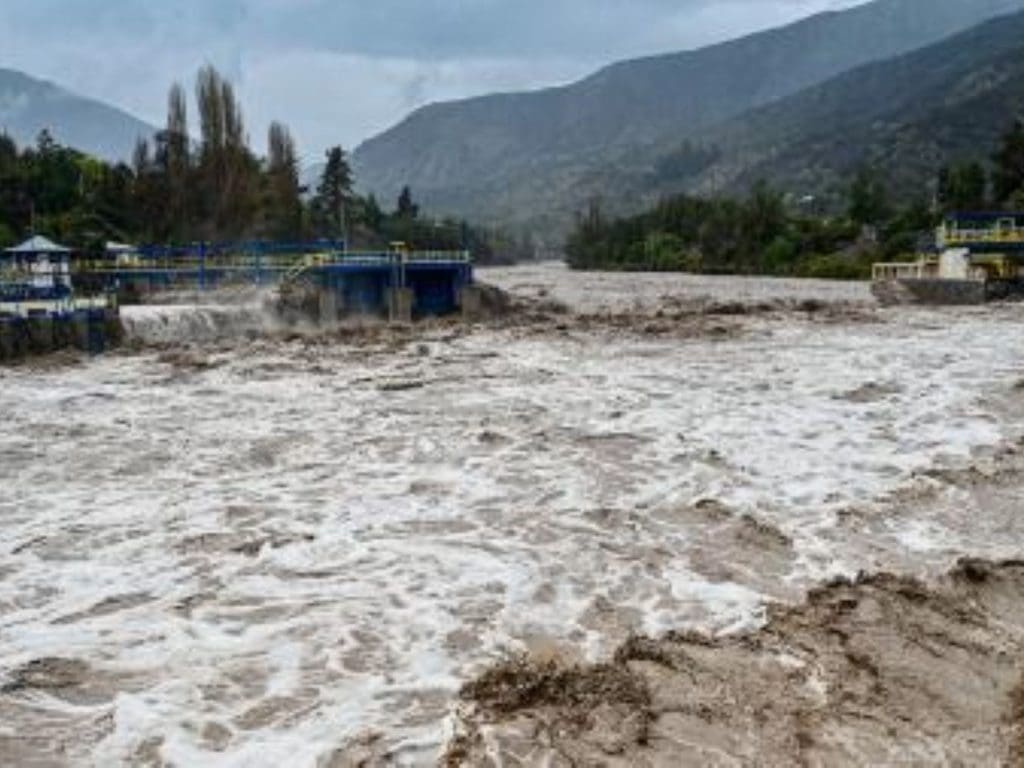
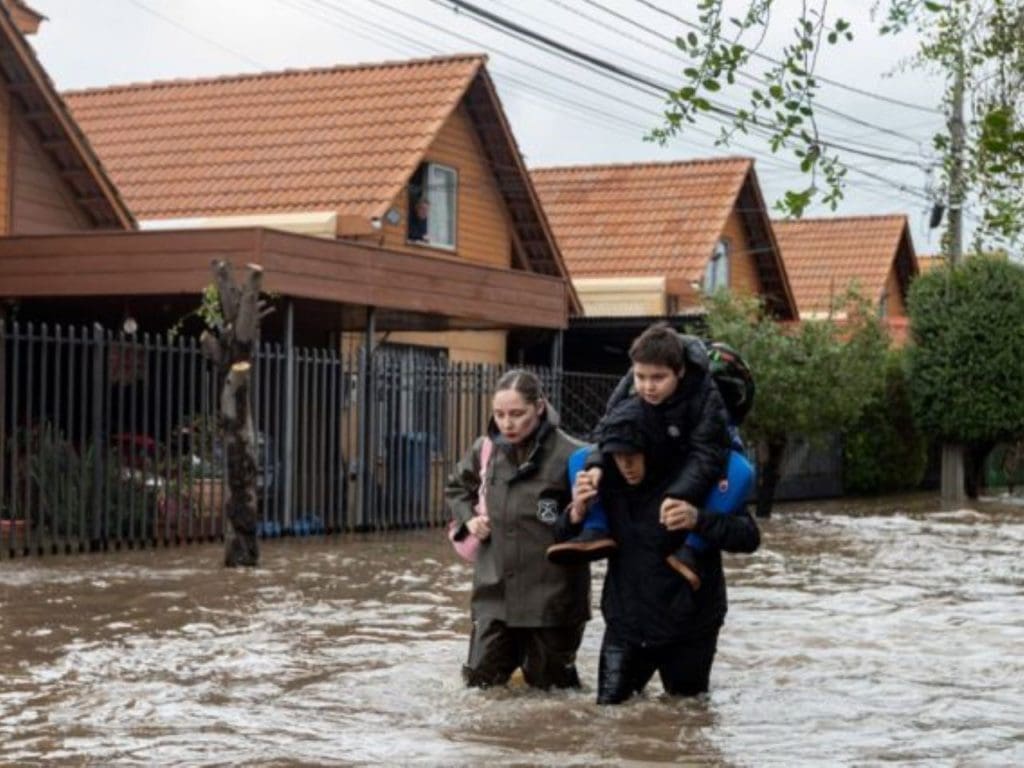
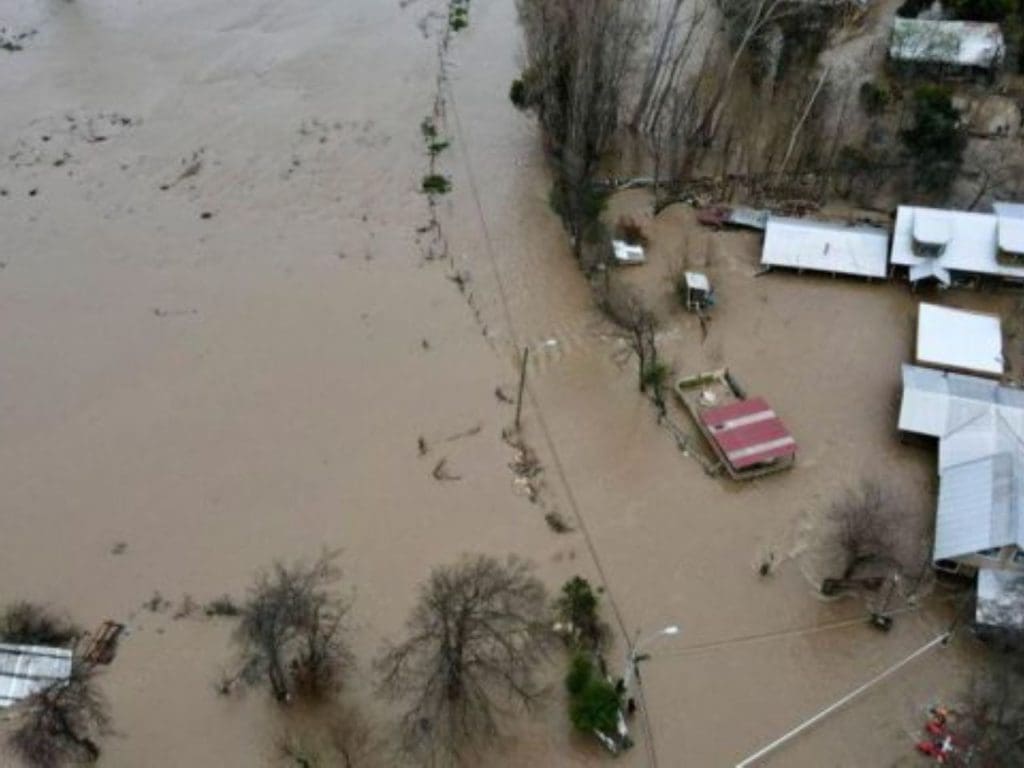
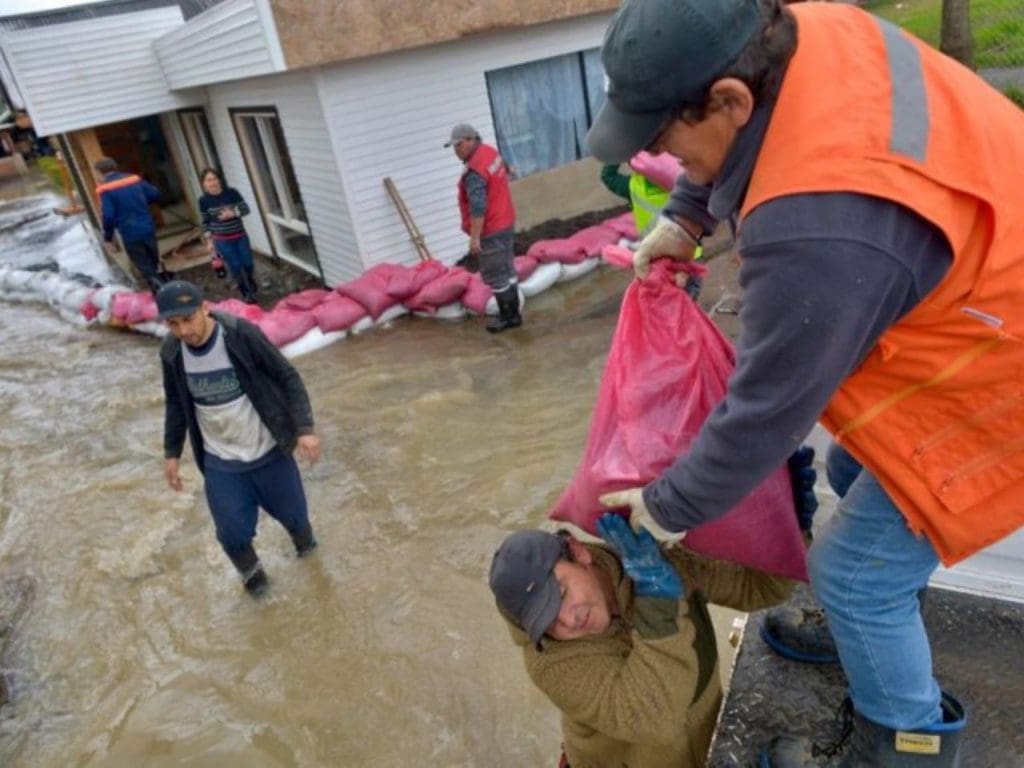
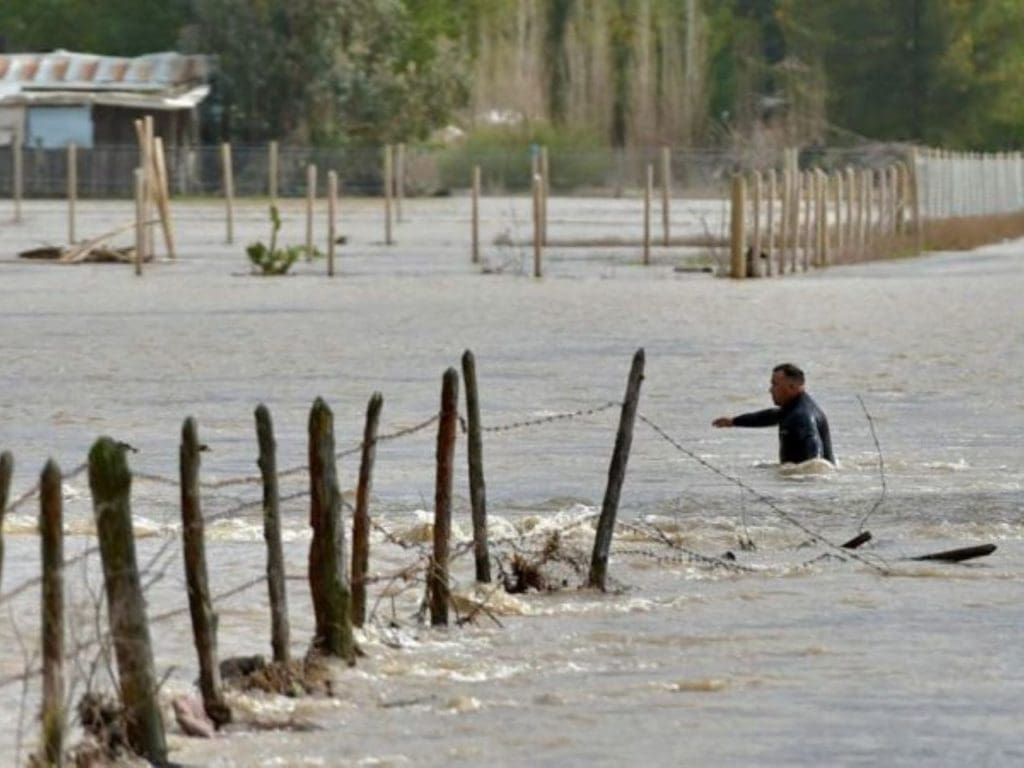

BIOBÍO, Chile ꟷ Since June, the Maule region of Chile faced the heaviest rains in 30 years. President Boric declared a state of catastrophe from O’Higgins to BioBío, 500 kilometers south of the capitol. A bitter feeling consumed me as communities suffered the loss of homes and belongings. Years of work washed away in the rain.
Overflow from the coastal waters, canals, and rivers shocked us. As alarming announcements pointed to an extreme frontal system coming our way, I felt terror. The people knew something dramatic was about to happen, but we never imagined the full impact. Torrents of water eroded the land, destroyed light poles and trees, and cut off bridges.
Read more Environmental stories from Orato World Media.
Dead animals floated by and people cried out from rooftops during the floods in Chile
According to the National Disaster Prevention and Response Service, 34,000 people evacuated, 26,000 remained isolated, and 38,000 found themselves without electricity. Moving through the area, we encountered authorities issuing warnings and evacuation plans. Desperation lined the people’s faces.
As a journalist, looking out at the apocalyptic landscape, I sprang into action to cover the event. Disbelief became the pervading feeling I experienced as I looked out at roads full of stones and running water destroying everything in its path. As I crept forward in my vehicle, suddenly and with no time to react, water began flooding into my four-wheel-drive truck.
Despite its sturdiness, my truck could not resist the furious storm, but we continued moving forward. All around, I saw people floating and water pouring into buildings. Residents climbed to the highest points and became trapped, waiting for help. They cried out and shouted at us, extending their hands as if to plead for rescue.
Dead animals drifted amongst the rubble atop the water. Houses collapsed as the earth beneath them dissolved into the floods. At one point, I made it to Los Maitenes, in the sixth region of Santa Cruz. The villa made up of 53 houses had been devastated. Worse though, was the way the coastal overflow had mixed with boiled water from the treatment plant and entered houses.
While their homes had flooded, the residents’ clothes dried out from their body heat. When I saw them, they had waited four days for rescue and their shouts echoed their distress. When I went to speak with them, the people cried out, “They left us all alone here.” No contingency plan existed to help these people in an emergency. Their location became practically inaccessible.
Rescue operations continue as authorities search for victims, climatic phenomena will only continue
I heard terrifying news of a firefighter who died in Cañete during a rescue. Another citizen lost their life after a tree brutally collapsed in BioBío, causing a traffic accident. The relentless rain left five rural areas completely isolated by roadblocks. More than 300 schools suspended classes.
While the country’s overarching healthcare system remained intact, a family health center in the Vichuquén commune fell to waste and the Constitución Hospital sat eerily empty after evacuations. The disaster left me speechless. As we traveled through the once vibrant countryside, I saw roads so overtaken by water they looked more like a lake than something to drive on.
The catastrophic blockages left people in the south towards the mountains and the coast utterly isolated. Damaged railway bridges felt like the final exclamation point on the disaster, preventing much-needed train cars from coming through. Absolute anguish filled my body.
In time, amongst the streets that looked like rivers, rescue personnel began searching for trapped individuals and stranded animals. They began clearing roadblocks but had to battle the outflow of water back into the channels.
The nights looked pitch black as we walked through ghost towns. Little by little, we know the authorities will show up to help victims, bringing machinery and equipment, but I will never be able to erase the image of walking waist-deep in water to extend my hand to the terrified person in front of me.
I realize now these climatic phenomena will only become more frequent. Unusually high temperatures pummeled the top of the Andes where snow usually falls. The resulting rains created rapid erosion and increases in river flow. Our situation is obviously aggravated by climate change.
Instead of reacting, we must adapt. We must substantially change the way we understand the territory. Otherwise, people will not survive.



























































































































































































